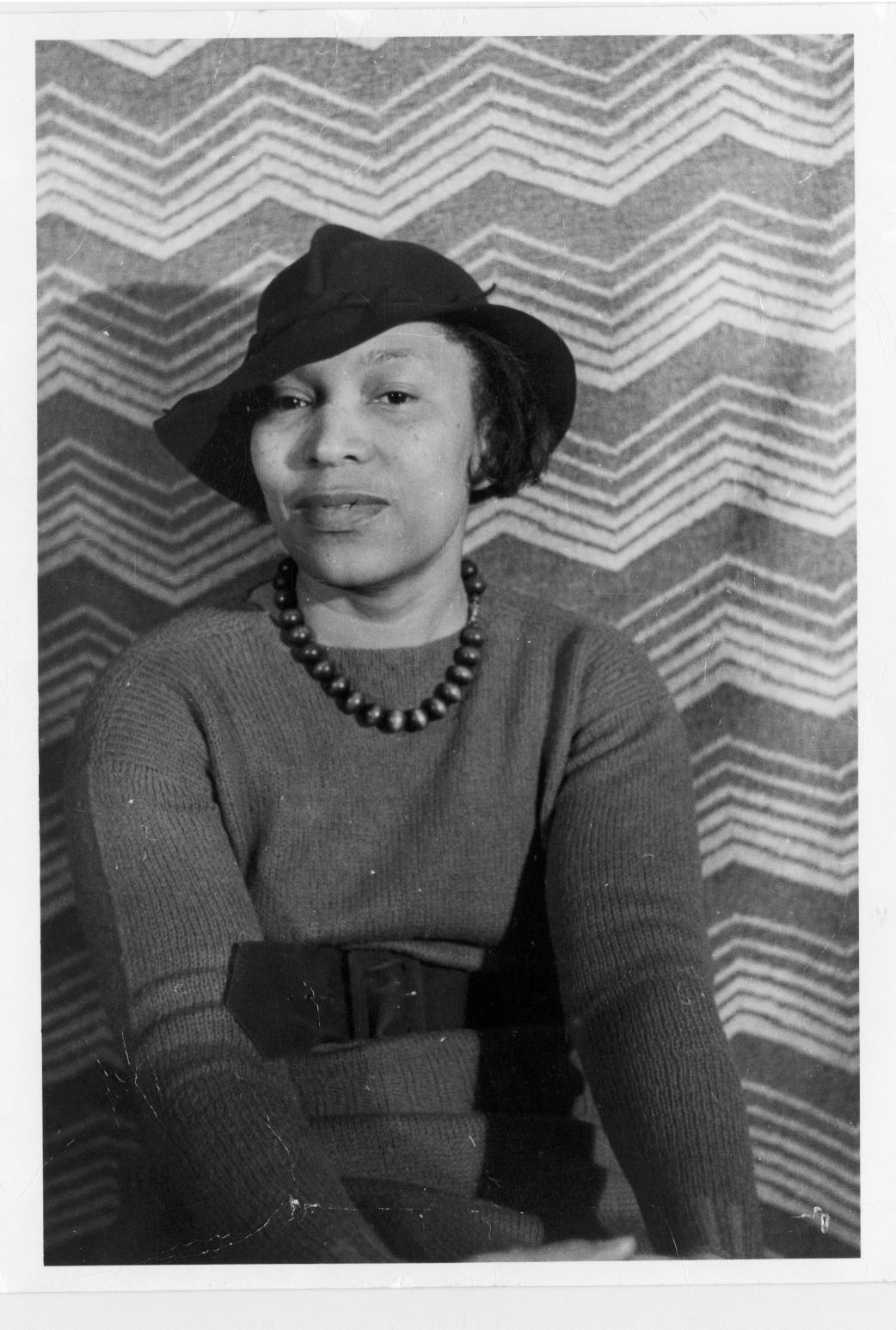
Zora Neal Hurston was a profound and unparalleled Black female author of the twentieth century. She is famous for works such as Their Eyes Were Watching God and Hitting a Straight Lick with a Crooked Stick, both of which highlight African American Vernacular English in the south. Why is it necessary for this language to be just as recognized and valorized? Because it is a crucial component to our country's social and literary history. Today, there is racist discourse that is still running rampant in conversation with Black English. It is classified as not being "grammatically correct" or "standard English," especially when regarding Black youths in the education system. Contrary to this symptom of systematic racism, this is a language that is alive and well and here to stay.
In regards to today's conversation, Ben Rampton defines “situational code-switching as a relatively routine ‘contextualization cue’, in which speakers introduce (and recipients accept) a new but fairly familiar and accessibly definition of the situation.” (Coupland & Jaworski 293) In regards to the specifics of Hurston’s role as a writer, her circumstances at one point are what contributed to her apparent “passivity.” While working in New York, she had a wealthy white benefactor who always sought to control the "Black narrative" she wanted to be written. This was a direct assault on language and the depiction of African American artists. As a result, this caused the prominent author to play different "roles" in her career in order to financially survive. Like many starving artists, Hurston needed to subsist in a competitive world that wasn't designed for her. While many would admire her for her perseverance, her actions supported the notion of “strategic essentialism” as described by Danielle Fosler-Lussier: “…a disempowered people’s temporary use of stereotypes about themselves to promote their own interests—in this case, to guard a valued heritage against a specific act of appropriation.” (Fosler-Lussier 79) This upset her fellow African American authors and artists of the time, for they felt she was catering to the white audience, the one that was profiting off of their work.
Their Eyes Were Watching God finally reemerged within classrooms, giving her a newfound platform and stage for her narrative. When the protagonist Janie and her husband Joe (who is the newly elected mayor of Eatonville) are speaking before a crowd, an onlooker asks: “And now we’ll listen tuh uh few words uh encouragement from Mrs. Mayor Starks.” (Hurston 43) Her husband responds: “Thank yuh fuh yo’ compliments, but mah wife don’t know nothin’ bout no speech-makin’. Ah never married her for nothin lak dat. She’s uh woman and her place is in de home.” (Hurston 43) Throughout this portion of the novel, the townspeople look up to Joe not just as a mayor, but consider him to be Godlike, their "savior." It’s almost as if the town is referencing to the “naïve Black person” looking for anything they can get in terms of settlement and a good life. Despite his Joe's detestable behavior, he is always lauded and worshipped as this biblical figure. And portraying the everyday working Black person as desperate and naïve will naturally cause for criticism and reevaluation of her work from the Black perspective.
Hurston was an unparalleled author, anthropologist, and literary visionary during her time, and continues to be in our high school and college classrooms. Despite social issues within her own community, and Hurston’s apparent passivity, she was a visionary Black female author that did what she needed to survive and create. She highlighted a language that still receives so much criticism and disdain to this day, and reminds her audiences that validity and relain of African American Vernacular English.
